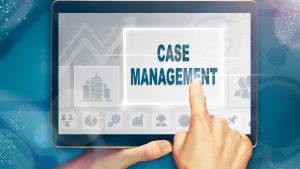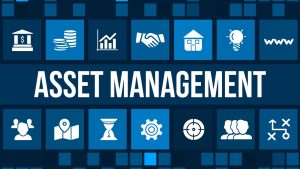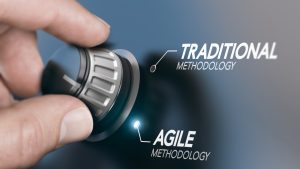It’s easy to get a rough idea of an ERP software as the acronym ERP itself stands for Enterprise resources planning. But that doesn’t convince enough to invest the lump of money it demands to offer its service.
To make sure Tigernix audience take the decision to purchase an ERP system or not to, from a more informed position, Tigernix experts explain the main modules of an ERP system and each of their uses for a business.
Below are 10 important modules every ERP system should have.
Supply Chain Management (SCM)
SCM is one of the most time consuming and complex processes in a business. Taking care of your supply chain process from purchase requests, quotations to inventory management, this module makes sure your supply chain management is smooth and effective.
Accounting and Financial Management
The module is responsible for handling your inflow and outflow of cash of your company. Tracking and managing all your finances and account related transactions including budgeting, bank statements, payment receipts, tax management, expenditures, account ledgers and more, the account and financial module makes available all the financial data at your fingertip.
Sales Force Management
Aiming to simplify your sales process, this module of an ERP system will take care of your sales operations such as Sales queries, quotation drafting, accepting sales orders, dispatch/Shipment of material or service, drafting sales invoices with proper taxation, tracking pending sales orders and more, making all these tasks as simple as a click!
Customer Relationship Management
Enabling businesses to build a better relationship with their customers, this module helps you boost your sales. From sales and purchase management, help desk functions, sales and sales opportunity tracking to customer contact database management, the module takes care of all your CRM management process.
Bulk Email & SMS Module
Making your modern-day marketing efforts easy, the bulk emailing and SMS module of an ERP system offers features like email automation, email alerts, automated follow-up notifications, reports…etc.
Human Resources Management Module
The HRM module of an ERP system can make your HR management process simpler and swiftly while improving the efficiency. Employee management, attendance and leave management, HR audit management and sign in/sign out management are some of the functionalities of this module.
Material Requirements Planning (MRP) Module
Automating your manufacturing process including, production planning and control, bill of materials, range, machinery and labour management, production order, work order, stock management and production alerts and exception handling, the module offers you a flexible and an effective solution to reduce the complexity of your MRP process.
Project and Costing Management Module
Introducing simplicity to your project and costing management, this module will help your business speed up your operations in a more effective manner. Project planning, Gantt charts, project collaboration, project costing control and task management are some of the features come with this module.
Inventory Management
Comes with functionalities such as inventory control, barcode tracking, master units, stock utilization, reporting and more, an inventory management module will improve the visibility and traceability of your inventory making it more efficient.
Purchase Order Module
Managing all the procurement operations, this module can take the complexity out of your procurement management process. From purchase order management, Reordering point and safety stock management, pricelist and condition management, supplier contact management to delivery the system will automate everything saving your time and money.
You can check our ERP software to learn more about features and modules comes in the software.






